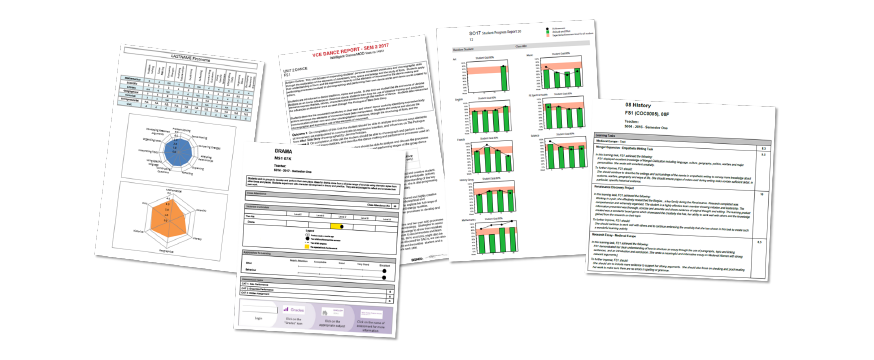Publication Date
2022
Subjects
Learning in an emergency, Coronavirus (COVID-19), Upper primary years, Reading achievement, Mathematics achievement, Developing countries, Monitoring (Assessment), Impact studies
Abstract
The COVID-19 pandemic has disrupted education in many ways. Across the world, schools have been partially or wholly closed, teachers and students have been forced to quarantine at home for short or extended periods of time, social learning opportunities have been cancelled and community interactions curtailed. This has added a further obstacle to the achievement of the Sustainable Development Goals (SDGs) related to education. The COVID-19 MILO (Monitoring Impacts on Learning Outcomes) study was designed to provide information on the impact of the pandemic on learning outcomes in six countries in Africa – Burkina Faso, Burundi, Côte d’Ivoire, Kenya, Senegal and Zambia. The MILO project was implemented to provide a way for countries to measure learning progress against SDG 4.1.1b prior to, during and after the pandemic. This report evaluates the degree to which learning outcomes for students at the end of primary schooling change between two time points: one pre-pandemic and the other in mid-2021 after the pandemic had inflicted substantial disruption upon education contexts. The report also examines the contextual factors at the student, family, school and system levels for their response to the pandemic disruption.
Recommended Citation
Australian Council for Educational Research (ACER)., & UNESCO Institute for Statistics. (2022). COVID-19 in Sub-Saharan Africa: Monitoring Impacts on Learning Outcomes: Main Report. UNESCO Institute for Statistics. https://research.acer.edu.au/monitoring_learning/54
Creative Commons License

This work is licensed under a Creative Commons Attribution-Share Alike 3.0 License.
Copyright Statement
Copyright UNESCO Institute of Statistics 2022
Place of Publication
Montréal
Publisher
UNESCO Institute for Statistics
ISBN
978-92-9189-277-8
Geographic Subject
Africa, Burkina Faso, Burundi, Cote d'Ivoire, Kenya, Senegal, Zambia
Included in
African Studies Commons, Language and Literacy Education Commons, Science and Mathematics Education Commons


